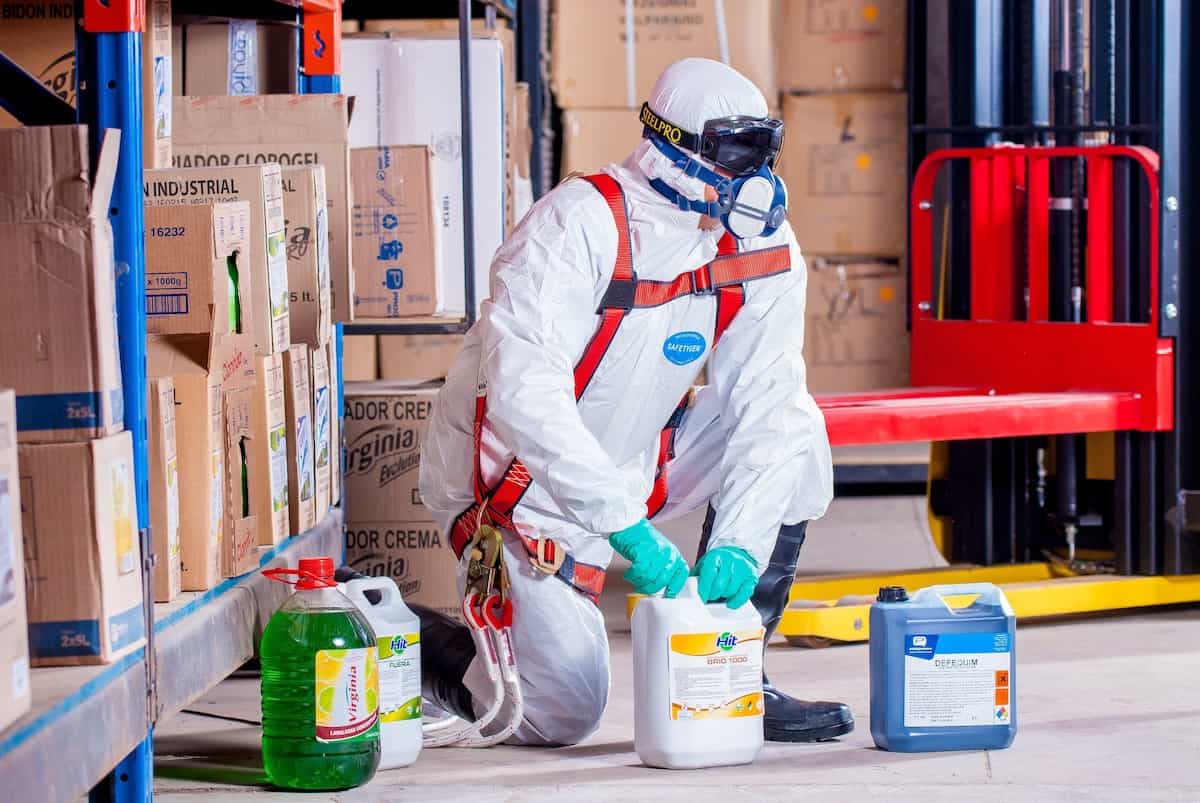Workers’ compensation isn’t just for acute on-the-job injuries. The Ohio workers’ compensation system is also designed to provide benefits to those who suffer from occupational diseases. For example, you may be entitled to workers’ compensation benefits if you are suffering from an illness or condition caused by on-the-job exposure to:
- Dust, gases, or fumes
- Chemicals
- Toxic substances
- Extreme temperatures
- Extreme noise or pressure
- Infections and organisms
- Radiation
- Physical vibrations
- Physical movement in constant repetition
Occupational illness claims often face higher hurdles than typical workers’ compensation claims. According to the Center for Public Integrity, Ohio workers’ compensation claims associated with an occupational disease are three times as likely to be denied as injury-related claims. Many workers suffering from an occupational disease or repetitive stress injury may not realize that the workers’ compensation system covers these types of claims. That is why it’s important to have a qualified advocate on your side.
Once an occupational disease claim is approved, an injured worker may be eligible for lost wages and medical treatment incurred as a result of the occupational exposure. An attorney experienced in occupational disease claims can be your best resource when it comes to navigating the obstacles associated with this type of claim. But time is of the essence. The sooner you schedule a free consultation, the better.
Obstacles to Occupational Disease Claims
One significant way in which occupational disease claims differ from on-the-job injury claims is that the Ohio workers’ compensation statute sets forth a schedule of compensable illnesses and the types of exposures that may classify those conditions as an occupational disease. While the statute does provide for compensation for unscheduled illnesses that meet the statutory definition of occupational disease, proving that such conditions are occupational can be difficult.
For example, emphysema is not scheduled disease but may be compensable. However, proving that a disease such as emphysema is an occupational disease in a specific case can be challenging. Many environmental factors and lifestyle choices can contribute to a disease like emphysema, and simply demonstrating that the claimant was exposed to a substance or conditions known to cause the disease is not enough. Further, workers’ compensation will not pay for diagnostic or preventative measures unless the claim is approved.
Time Limits on Occupational Disease Claims
When an employee suffers an acute work-related injury, the consequences are usually immediately clear. However, a worker who is daily exposed to disease-causing agents may not suffer symptoms for years. Others may experience symptoms, but not make the connection between on-the-job exposure and the illnesses they suffer. However, the Ohio workers’ compensation system places strict time limits on disease-related claims, and calculation of these timelines can be complicated. Thus, it is in your best interest to consult an experienced Ohio workers’ compensation attorney as soon as possible.
Consult an Ohio Workers’ Compensation Attorney as Soon as Possible
The workers’ compensation attorneys at Dworken & Bernstein understand the complexities associated with occupational disease claims and are committed to fighting for the rights of worker. Call 440.946.7656 (Lake County) or 216.861.4211 (Cuyahoga County) to schedule a free consultation.







